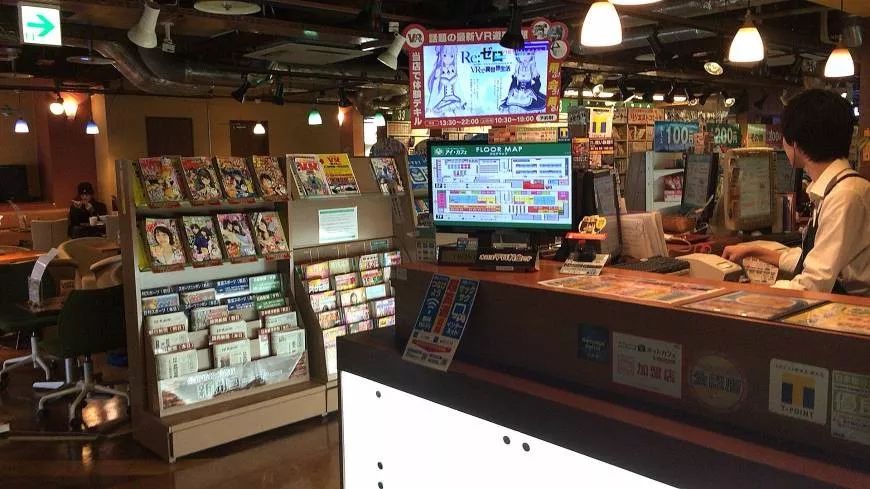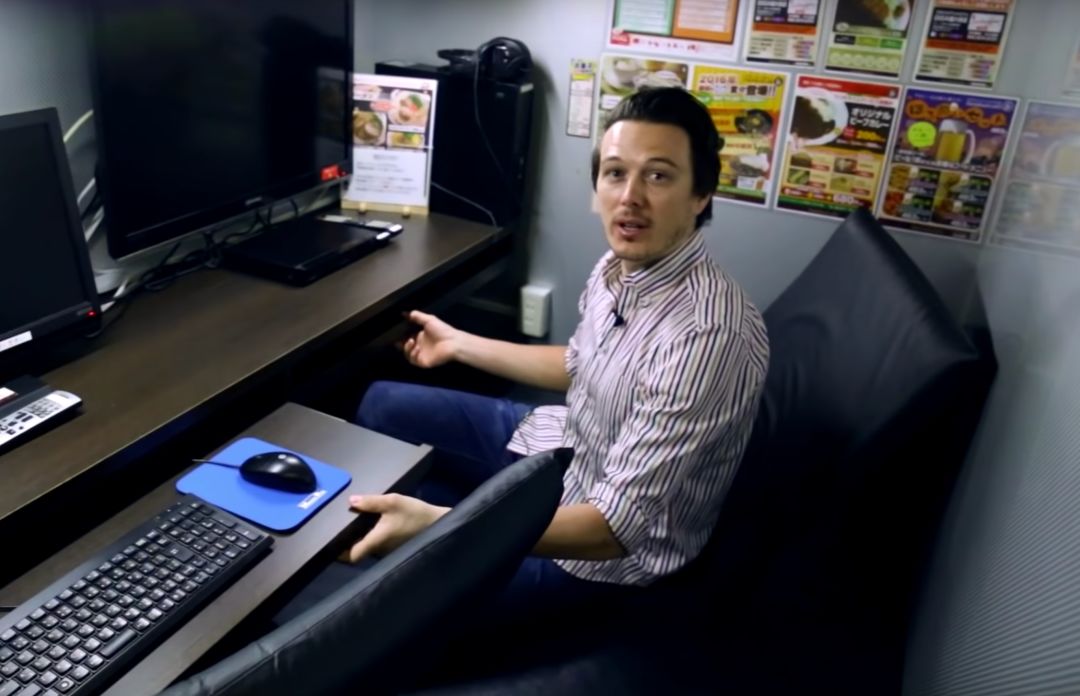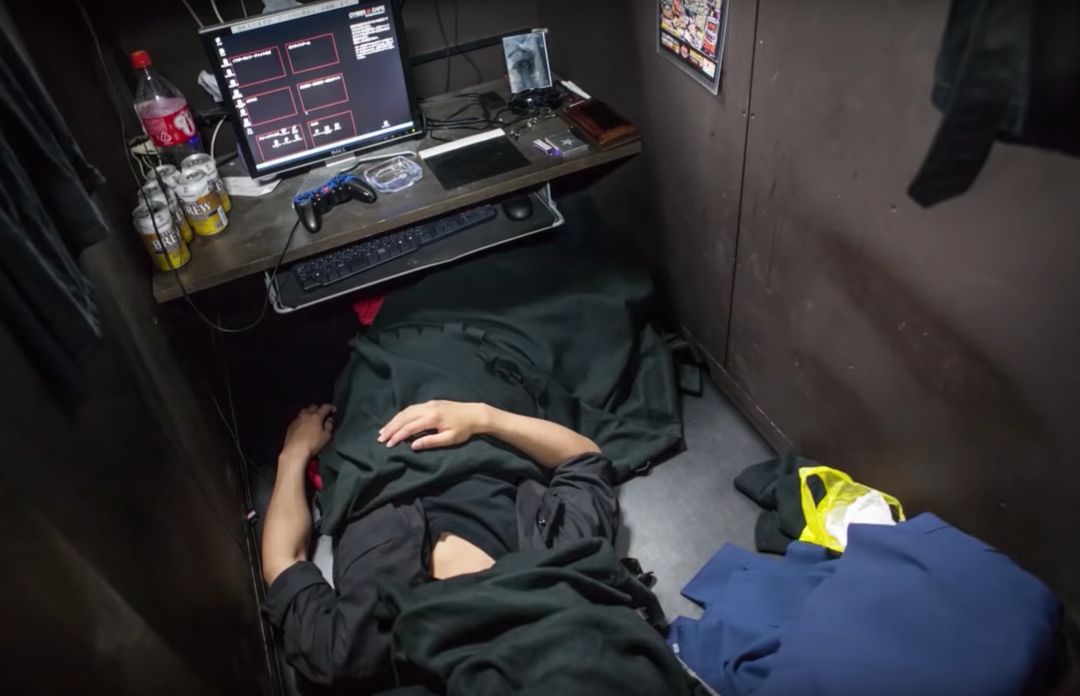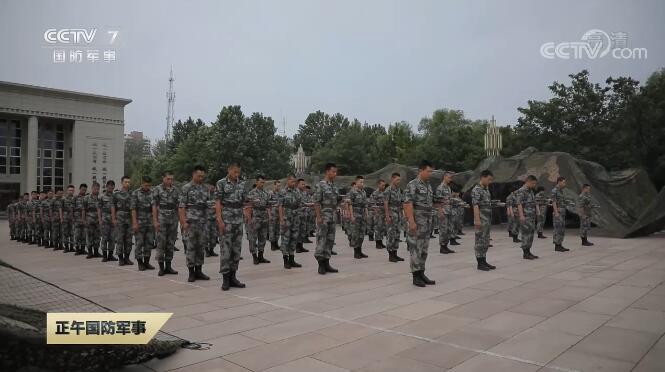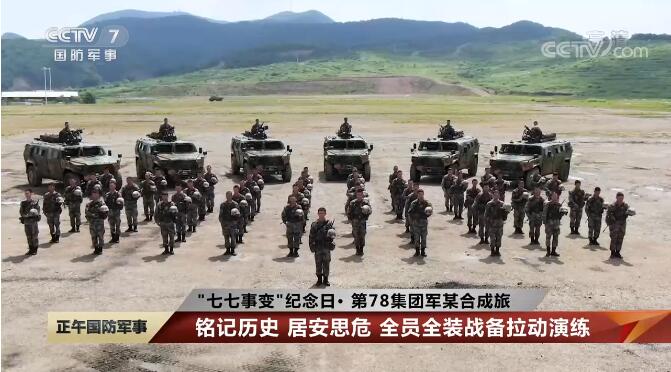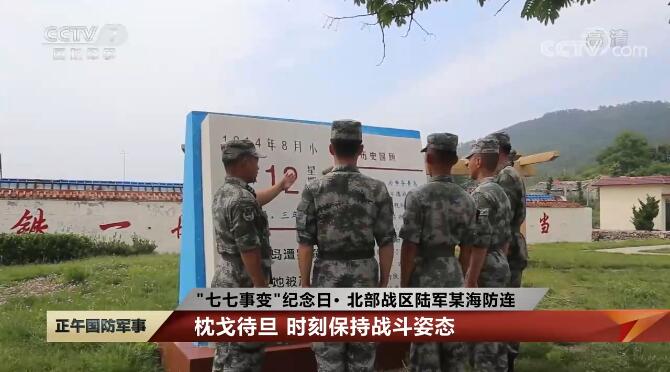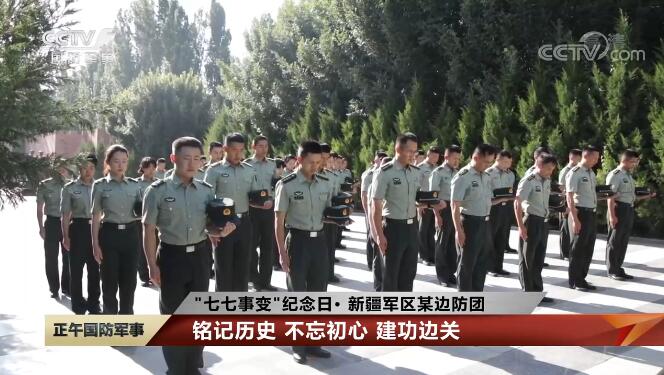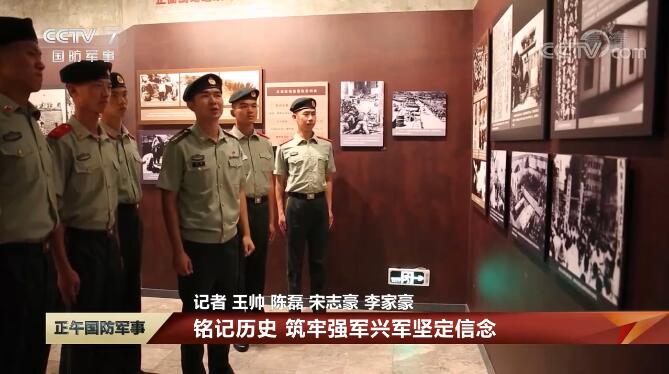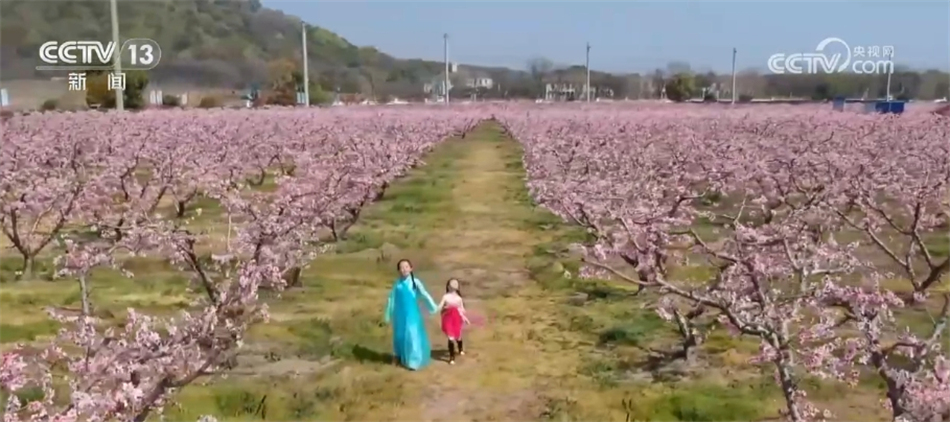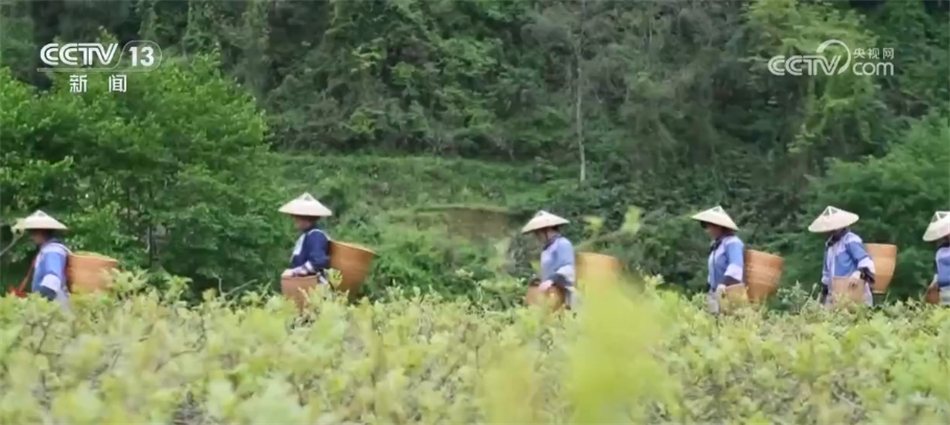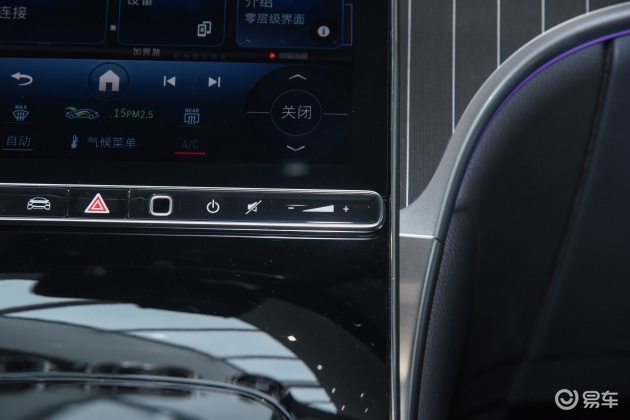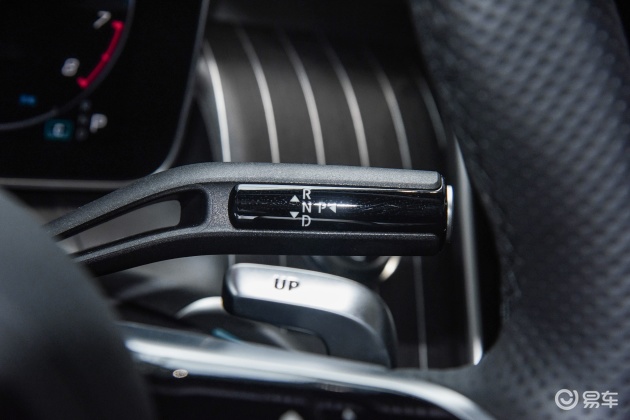Chapter I General Principles
the first In order to prevent and handle medical disputes, protect the legitimate rights and interests of both doctors and patients, and maintain medical order, these measures are formulated in accordance with relevant laws and regulations such as the Tort Liability Law of People’s Republic of China (PRC), the People’s Mediation Law of People’s Republic of China (PRC), and the Regulations on Handling Medical Accidents, combined with the actual situation of this province.
the second These Measures shall apply to the prevention and treatment of medical disputes within the administrative area of this province.
The term "medical disputes" as mentioned in these Measures refers to the disputes caused by medical institutions and their medical staff’s medical, preventive and health care practices in the medical process.
Article The prevention and treatment of medical disputes should adhere to the principles of prevention first, fairness and reasonableness, timely convenience and legal treatment.
Article 4 The people’s governments at or above the county level shall strengthen their leadership in the prevention and handling of medical disputes, urge relevant departments to perform their duties according to law, and coordinate and solve major problems in the prevention and handling of medical disputes.
The township people’s governments and sub-district offices where medical institutions are located and patients live shall cooperate with the people’s governments at or above the county level and relevant departments to handle medical disputes well.
Article 5 The health administrative department of the people’s government at or above the county level shall standardize the practice access of medical institutions, strengthen the supervision and management of medical institutions and their medical personnel, urge medical institutions to improve the quality of medical services, ensure medical safety, and do a good job in the prevention and handling of medical disputes.
The judicial administrative departments of the people’s governments at or above the county level shall perform their duties, strengthen the guidance on the people’s mediation of medical disputes, and promote the standardization of the people’s mediation of medical disputes.
The public security organs of the people’s governments at or above the county level shall maintain the public order of medical institutions, strengthen supervision and guidance on the internal public security work of medical institutions, and crack down on illegal and criminal acts that infringe on the personal safety of medical personnel and patients and disrupt the order of medical institutions according to law.
The competent price departments of the people’s governments at or above the county level shall strengthen the supervision and management of the price of medical services and standardize the price behavior of medical services.
Insurance supervision and management institutions shall strengthen the supervision and management of relevant insurance work.
The human resources and social security, finance and civil affairs departments of the people’s governments at or above the county level shall, within the scope of their respective duties, do a good job in the prevention and handling of medical disputes.
Article 6 The news media should abide by relevant laws, regulations, rules and professional ethics, fulfill their social responsibilities, and report medical disputes objectively and fairly.
Article 7 After the occurrence of medical disputes, both parties can choose the following ways to solve them:
(a) to resolve it through consultation, except as stipulated in the third paragraph of article twenty-ninth;
(2) Apply for mediation to the People’s Mediation Committee for Medical Disputes or the People’s Mediation Committee for Medical Disputes (hereinafter referred to as the Medical Mediation Committee);
(three) to apply to the administrative department of health for administrative treatment;
(four) to bring a lawsuit to the people’s court;
(five) other ways as prescribed by laws, regulations and rules.
Conditional prefecture-level listing can try out medical dispute arbitration.
Article 8 The Medical Commission is a professional people’s mediation organization established according to law.
The judicial administrative department of the people’s government at the prefecture level or above the city level shall guide the local establishment of a medical mediation committee, and the judicial administrative department of the people’s government at the county level shall guide the local establishment of a medical mediation committee according to actual needs, and be responsible for the people’s mediation of medical disputes within their respective administrative areas.
The judicial administrative department of the people’s government at or above the county level shall make statistics on the establishment of the medical adjustment committee within its administrative area, and timely announce the name, person in charge, address and telephone number of the medical adjustment committee to the society.
The people’s governments at or above the county level shall provide necessary support and guarantee for the funds, personnel and office space required for the people’s mediation of medical disputes.
Judicial administrative departments and health administrative departments at all levels should strengthen communication and cooperation and strengthen guidance on people’s mediation of medical disputes.
Conditional city, county, district people’s governments can take the form of government purchasing services for the establishment of medical adjustment committees and the people’s mediation of medical disputes.
Article 9 Encourage and support medical institutions to participate in medical liability insurance, and encourage patients to participate in medical accident insurance.
The administrative department of health shall guide medical institutions to participate in medical liability insurance.
Article 10 Encourage domestic and foreign citizens, legal persons and other organizations to donate property or set up medical risk funds according to law, and fund medical institutions in this province to carry out medical assistance and medical mediation committees to carry out medical dispute mediation.
Medical institutions or medical commissions that accept donations shall announce to the public once every six months the specific situation of accepting social donations and subsidies and accept social supervision.
Chapter II Prevention of Medical Disputes
Article 11 The administrative department of health shall strengthen the supervision of medical institutions and medical staff’s practice access and practice behavior, promptly investigate and deal with illegal acts of medical institutions, take effective measures to improve the medical level and safeguard the legitimate rights and interests of both doctors and patients.
Article 12 The health administrative department of the people’s government at or above the county level shall exercise the following supervision and management duties:
(a) to be responsible for the examination and approval of the establishment, practice registration and verification of medical institutions;
(two) to inspect and guide the practice activities of medical institutions;
(three) responsible for organizing the evaluation of medical institutions;
(4) urging medical institutions to establish and improve relevant systems;
(five) to give administrative punishment for acts in violation of these measures.
Article 13 The practice of medical institutions shall abide by the relevant laws, regulations, rules and medical technical specifications, and carry out medical activities in accordance with the approved and registered medical subjects.
Medical institutions should strengthen the medical and health management laws, regulations, rules, norms of diagnosis and treatment, routine training and professional ethics education of medical services.
Medical institutions shall disclose medical service information in accordance with regulations, and publicize medical and health laws, regulations and rules to patients and their close relatives and the public through various channels.
Article 14 Medical institutions should establish and improve the medical quality monitoring and evaluation system, medical safety responsibility system, medical dispute handling system and internal accountability system.
Article 15 Medical institutions and their medical staff should explain and communicate with patients and their close relatives in medical activities.
Medical institutions should establish and improve the communication mechanism between doctors and patients, set up a unified complaint window and reception place, announce the complaint telephone number, announce the ways and procedures for solving medical disputes and the responsibilities, addresses and contact information of relevant institutions such as the Medical Adjustment Committee in a prominent position, and promptly answer and deal with relevant issues.
The administrative department of health shall, within 10 days from the date of receiving the complaint, make a written decision on whether to accept it or not and inform the complainant. If it decides to accept the case, it shall promptly organize an investigation and inform the complainant of the result; If it is not accepted, it shall notify the complainant in writing and explain the reasons.
Article 16 Medical personnel shall perform the following obligations to prevent the occurrence of medical disputes:
(a) abide by the health laws, regulations, rules and norms of diagnosis and treatment, and constantly improve the professional and technical level.
(two) abide by professional ethics, care, love and respect patients, and protect the privacy of patients.
(three) under the premise of avoiding adverse consequences to patients, it shall truthfully inform patients of their condition, medical measures, medical risks and medical expenses, and answer their consultations in time; If telling the patient truthfully may have adverse consequences, it shall inform his close relatives in time.
(four) the need for surgery, special examination, special treatment, experimental clinical treatment, it should be timely to explain the medical risks, alternative medical programs, etc., and obtain the patient’s written consent; If it is impossible or inappropriate to explain it to the patient, it shall explain it to the patient’s close relatives and obtain their written consent; If it is impossible to obtain the written consent of the patient or his close relatives due to emergency situations such as saving dying patients, the corresponding medical measures can be implemented immediately with the approval of the person in charge of the medical institution or the authorized person in charge.
Article 17 Medical institutions shall, in accordance with the requirements of the administrative department of health of the State Council, write and properly keep medical records.
Due to the rescue of critically ill patients, medical records cannot be written in time, and the relevant medical personnel shall make up the facts within 6 hours after the rescue, and make a note.
Medical records shall not be lost, concealed, forged or destroyed.
Article 18 Patients and their close relatives or their clients have the right to copy or duplicate outpatient (emergency) medical records, admission records, temperature sheets, doctor’s orders, laboratory sheets (inspection reports), medical imaging examination materials, special inspection consent, operation consent, operation and anesthesia records, pathological data, nursing records and other medical records as stipulated by the health administrative department of the State Council. The patient and his close relatives or his client shall be present when copying or reproducing.
When a medical dispute occurs, the discussion records of death cases, difficult cases, superior doctors’ rounds, consultation opinions and course records shall be sealed and unsealed in the presence of both doctors and patients. Sealed medical records can be copies and kept by medical institutions. Medical institutions can unseal the sealed medical records 6 months after the dispute is settled.
If patients and their close relatives or their clients copy or duplicate medical records, medical institutions shall provide copying or duplicating services, and affix proof marks on the copied or duplicated medical records.
At the request of patients, their close relatives or clients, medical institutions can copy or duplicate medical records for them, and can charge a fee for the work.
Article 19 If both parties fail to determine the cause of death or disagree with it, an autopsy shall be conducted within 48 hours after the death of the patient; If the conditions for cryopreservation of corpses are met, it can be extended to 7 days. Autopsy shall be agreed and signed by the close relatives of the deceased. If the deceased refuses to sign without justifiable reasons, the medical institution may invite the third-party personnel such as the medical adjustment committee, neighborhood committee or village committee, public security organ and health administrative department to sign and witness.
If the autopsy is refused or delayed for more than the specified time, which affects the determination of the cause of death, the party who refuses or delays shall bear the responsibility.
Both doctors and patients may invite forensic pathologists to participate in the autopsy, or they may appoint representatives to observe the autopsy process.
Article 20 If a patient dies in a medical institution, the body shall be moved to the mortuary within 2 hours and stored for no more than 24 hours. If there is no mortuary in the medical institution, the body shall be transferred to the funeral home within 2 hours.
If a patient dies in a medical institution, the medical institution shall notify the funeral home, and the funeral home shall promptly go to the medical institution to receive and transport the body in accordance with relevant regulations.
In violation of the provisions of the first paragraph of this article, the body that has not been disposed of within the time limit shall be disposed of by the medical institution in accordance with the provisions of the second paragraph of this article after being approved by the health administrative department where the medical institution is located and reported to the public security department at the same level for the record.
Bodies should be disposed of in accordance with national and provincial regulations. Involving medical disputes, the cost of keeping the body in the funeral home shall be borne by both doctors and patients according to the proportion of responsibility.
Article 21 Patients and their close relatives shall abide by the following provisions:
(a) respect for medical personnel;
(two) truthfully inform the medical staff about the illness and medical history related to the diagnosis and treatment activities, and cooperate with the medical staff to carry out the necessary examination, treatment and nursing;
(3) Paying medical expenses on time;
(four) to cooperate with the medical institutions according to the requirements of their referral or discharge arrangements;
(five) shall not be forced to ask medical institutions to make medical behavior beyond their treatment ability and scope of practice.
Article 22 Patients and their close relatives and other related parties shall not have the following acts:
(a) violence or threat of violence, blackmail medical institutions, or stir up trouble in medical institutions;
(2) Stealing, robbing, intentionally damaging or concealing public or private property, medical records, files and other important materials of medical institutions;
(3) Gathering people to make trouble, enclosing medical institutions, occupying or attacking offices and clinics of medical institutions;
(4) Burning paper money, setting up mourning halls, placing wreaths, stopping dead in violation of regulations, pulling banners, posting slogans or posters, distributing leaflets, making noise, spilling filth, etc. in medical institutions;
(five) robbing the body or refusing to transfer the body to the mortuary or funeral parlour;
(6) Insulting, threatening, intimidating, abusing and beating medical personnel, intentionally hurting medical personnel, and illegally restricting the personal freedom of medical institution staff and medical personnel;
(seven) illegally carrying inflammable and explosive dangerous goods and control devices into medical institutions;
(eight) other acts that disrupt the normal order of medical institutions and threaten the personal safety of medical personnel.
Article 23 A medical institution shall formulate an emergency response plan for medical disputes and report it to the health administrative department where it is registered and the local public security organ for the record.
Chapter III Handling of Medical Disputes
Section 1 General Provisions
Article 24 After the occurrence of medical disputes, health administrative departments at all levels and medical institutions shall report in a timely manner in accordance with the major medical dispute reporting system formulated by the health administrative department of the State Council, and shall not conceal, delay or make false reports.
Article 25 After the occurrence of medical disputes, medical institutions shall take the following measures to deal with them according to the actual situation of medical disputes:
(1) Informing patients or their close relatives of the methods and procedures for handling medical disputes; If the patient or his close relatives ask for a solution through consultation, they shall be informed to nominate no more than 5 representatives to participate in the consultation, and one main representative shall be determined.
(two) at the request of the patient, in the presence of both doctors and patients, in accordance with the provisions of Article 18 of these measures, seal and unseal the relevant medical records.
(3) If a patient dies in a medical institution, the corpse shall be disposed of in accordance with the provisions of Article 20 of these Measures.
(four) when necessary, organize expert discussion, and feedback the discussion opinions to patients or their close relatives.
(five) to cooperate with the administrative department of health, public security organs, medical commission and other departments and institutions to do a good job in the investigation.
(six) after the medical dispute is settled, the medical institution shall submit a written reply to the patient or his close relatives.
If it is necessary to start an emergency plan to deal with medical disputes, corresponding measures should be taken in accordance with the provisions of the plan to prevent the situation from expanding.
Article 26 After receiving the report of medical disputes, the administrative department of health shall order medical institutions to take effective measures immediately, and send people to the scene to guide and coordinate the handling work when necessary, so as to guide both doctors and patients to properly resolve medical disputes according to law.
Article 27 Medical institutions shall report to the local public security organ immediately if they find that patients or their close relatives and other related parties have the circumstances stipulated in Article 22 of these Measures and are ineffective after persuasion.
After receiving the alarm, the public security organ shall deal with it in accordance with the relevant provisions:
(a) immediately organize the police to rush to the scene, carry out education and guidance, identify themselves, and stop excessive behavior;
(two) in a timely manner to disrupt the normal medical order and other medical disputes in violation of social security management personnel away from the scene investigation, to maintain medical order;
(three) to deal with the illegal and criminal acts on the spot according to law;
(4) If a patient dies in a medical institution and his family members hinder the removal of the body to the mortuary or funeral home, the on-site police shall cooperate with the health, civil affairs and other departments and the funeral home to do a good job in the disposal of the body.
Article 28 After receiving the notice from the medical institution, the funeral home shall quickly arrange vehicles and personnel to arrive at the scene, go through the formalities of receiving the body in accordance with the regulations, and transfer the body to the funeral home. The competent civil administrative department shall urge it to perform its duties, and the health administrative department, public security organs and medical institutions shall cooperate with it to do relevant work.
Section II Settlement Mechanism
Article 29 After a medical dispute occurs, both parties can resolve it through consultation. Both doctors and patients should listen carefully to each other’s opinions, verify relevant information and materials, seek truth from facts and resolve them through consultation.
If a medical institution needs compensation or compensation, both parties can reach a written agreement.
If the amount of compensation for medical disputes is more than 10,000 yuan, public medical institutions shall adopt the ways specified in the second to fifth and second paragraphs of the first paragraph of Article 7 of these Measures, and shall not negotiate with patients or their close relatives themselves.
Article 30 After the occurrence of a medical dispute, both the doctor and the patient may apply for mediation by the Medical Commission in accordance with the principle of proximity; The medical commission in the place where medical disputes occur can also take the initiative to mediate. If one of the doctors and patients explicitly refuses to mediate, mediation shall not be allowed.
The medical commission shall not charge any fees for mediating medical disputes.
Article 31 The Medical Commission should adhere to the principle of voluntariness and equality between doctors and patients in mediating medical disputes, and do not violate laws, regulations, rules and national policies; Respect the rights of both doctors and patients, and shall not prevent both doctors and patients from safeguarding their legitimate rights and interests through administrative, judicial and arbitration channels according to law because of mediation.
Article 32 The people’s mediators of the Medical Commission should be fair, have good conduct, have medical and legal professional knowledge and mediation work experience, and be enthusiastic about people’s mediation work.
People’s mediators have the obligation to keep confidential the privacy of patients and medical personnel or the business secrets of medical institutions learned during mediation.
The judicial administrative department of the people’s government at or above the county level shall regularly conduct professional training for people’s mediators. Training shall not charge any fees.
Article 33 The Medical Commission shall establish an expert database composed of relevant medical, pharmaceutical, psychological, insurance and legal experts to provide technical advice for the investigation, evaluation and mediation of medical disputes.
Article 34 The application for mediation of medical disputes put forward by the parties shall be reviewed by the Medical Commission within 3 working days. Decided to accept, timely reply to the parties; If it is not accepted, it shall notify the parties in writing and explain the reasons.
After accepting the application for mediation, the Medical Commission shall inform both doctors and patients of their rights and obligations in mediation.
Article 35 An application for mediation of medical disputes under any of the following circumstances shall not be accepted by the Medical Commission; If it has been accepted, the mediation shall be terminated:
(1) A party brings a lawsuit to a people’s court;
(two) an application for administrative treatment put forward by one party has been accepted by the administrative department of health;
(three) a party refuses to mediate by the Medical Commission;
(four) the provisions of laws and regulations can only be handled by specialized agencies, or laws and regulations prohibit the use of people’s mediation.
If the mediation is terminated, it shall notify the parties in writing and explain the reasons.
Article 36 After accepting the application for mediation of medical disputes, the Medical Commission may appoint one or more people’s mediators for mediation, or the parties may choose one or more people’s mediators for mediation. When necessary, with the consent of the parties, deputies to the National People’s Congress, members of the Chinese People’s Political Consultative Conference or personnel from relevant social organizations may be invited to participate in mediation. If a party puts forward a reasonable withdrawal request to the people’s mediator, it shall be replaced after examination by the medical adjustment Committee.
If the Medical Commission or its guidance and management organ and its responsible person think that there are circumstances that should be avoided, they can directly make a decision to avoid; If the people’s mediators think that there are circumstances that should be avoided, they should withdraw from the medical adjustment Committee.
Article 37 After the Medical Commission accepts the application for mediation of medical disputes, the people’s mediators shall know the relevant facts and circumstances from both parties and relevant experts; When investigating and verifying medical disputes with relevant parties as needed, relevant units or individuals shall cooperate.
Article 38 If both doctors and patients apply for mediation by the Medical Commission and fail to reach an agreement on the amount of compensation of more than 100,000 yuan, they should jointly entrust an institution established in accordance with the relevant provisions of the state and the province to identify and clarify their responsibilities.
Article 39 The medical commission shall terminate the mediation within 30 days from the date of accepting the application for mediation.
If it is necessary to extend the mediation period due to special circumstances, the medical commission and the parties concerned may agree on the extended period; If a mediation agreement has not been reached within the agreed time limit, it shall be deemed that mediation has failed.
If mediation fails, it shall inform the parties in writing and explain the reasons.
Article 40 A mediation agreement shall be made for medical disputes resolved through mediation. The mediation agreement shall be signed, sealed or fingerprinted by both parties, and shall take effect after being signed by the mediator and stamped with the seal of the Medical Commission.
If both parties agree to judicial confirmation of the people’s mediation agreement, the Medical Commission shall assist the parties in judicial confirmation. If one party refuses to perform or fails to fully perform a valid mediation agreement after judicial confirmation, the other party may apply to the people’s court for compulsory execution.
Article 41 After a medical dispute occurs, the parties concerned may apply for administrative treatment to the health administrative department of the people’s government at or above the county level where the medical institution is located in accordance with the Regulations on Handling Medical Accidents.
If it is determined to be a medical accident, the health administrative department may, at the request of both doctors and patients, conduct medical accident compensation mediation. If the mediation is successful, a conciliation statement shall be made and both parties shall perform it; If mediation fails or one party fails to perform the agreement after reaching an agreement through mediation, the health administrative department will no longer mediate.
If the administrative department of health finds that medical institutions and their medical personnel have violated the law in the process of administrative treatment, it shall be punished or given administrative punishment according to law.
Article 42 Both parties should consciously fulfill the mediation agreement. If there is a dispute between the parties over the performance of the mediation agreement or the contents of the mediation agreement, they may bring a lawsuit to the people’s court.
Both doctors and patients can also bring a lawsuit directly to the people’s court on medical disputes.
Chapter IV Medical Liability Insurance
Article 43 Public medical institutions participate in medical liability insurance in accordance with the relevant provisions of the state and the province.
Encourage non-public medical institutions to voluntarily participate in medical liability insurance.
Article 44 The underwriting institution of medical liability insurance shall follow the principle of capital preservation and meager profit, reasonably determine the insurance premium rate, and implement the rate floating system according to the compensation situation of medical disputes in different medical institutions over the years.
Article 45 The underwriting institution of medical liability insurance shall be determined by means of bidding.
Article 46 Medical institutions participating in medical liability insurance, the medical liability insurance premium expenditure, from the medical institutions operating expenses, in accordance with the provisions included in the medical cost. Medical institutions that are managed according to the two lines of income and expenditure shall be paid by the finance.
Medical institutions shall not increase the existing charging standards or increase the burden of patients in disguise because of participating in medical liability insurance.
Article 47 According to the insurance contract, the underwriting institution of medical liability insurance shall bear the liability for compensation arising from medical disputes.
After the occurrence of medical disputes, the underwriting institution of medical liability insurance shall participate in the handling of medical disputes in a timely manner in accordance with the insurance contract; If insurance claims need to be settled, medical institutions, patients or their close relatives shall cooperate and truthfully provide medical disputes to the underwriting institutions of medical liability insurance.
The underwriting institution of medical liability insurance shall, in accordance with the insurance contract, take the agreement of compensation or compensation amount within 10,000 yuan reached by both parties through self-negotiation according to law, the agreement reached through mediation by the Medical Commission, the administrative mediation agreement of the health administrative department, and the effective mediation book or judgment made by the people’s court as one of the bases for medical liability insurance claims, and pay compensation or compensation in time.
Chapter V Legal Liability
Article 48 In any of the following circumstances, the health administrative department of the people’s government at or above the county level shall give a warning and order it to make corrections; If the circumstances are serious, the practice license of the medical institution shall be revoked according to law, and the directly responsible person in charge and other directly responsible personnel shall be punished according to law; If the case constitutes a crime, criminal responsibility shall be investigated according to law:
(a) in violation of the provisions of the thirteenth paragraph of these measures, the diagnosis and treatment activities are beyond the scope of approval and registration;
(two) in violation of the provisions of the second paragraph of article thirteenth of these measures, failing to carry out medical and health management laws, regulations, rules and norms of diagnosis and treatment, routine training and professional ethics education for medical services;
(three) in violation of the provisions of article fourteenth of these measures, the medical quality monitoring and evaluation system, medical safety responsibility system, medical dispute handling system and internal accountability system have not been established;
(four) in violation of the provisions of the seventeenth paragraph of these measures, not in accordance with the requirements of the administrative department of health of the State Council, writing and properly keeping medical records;
(five) in violation of the provisions of the second paragraph of article eighteenth of these measures, failing to seal and unseal the medical records in accordance with the provisions;
(six) in violation of the provisions of the third paragraph of article eighteenth of these measures, failing to provide medical records copying or copying services in accordance with the provisions, and affixing a certification mark on the copied or copied medical records;
(seven) in violation of the provisions of article twenty-third of these measures, the emergency plan for medical disputes has not been formulated, and it has been reported to the health administrative department and the local public security organ for the record;
(eight) in violation of the provisions of the third paragraph of article twenty-ninth, public medical institutions and patients or their close relatives negotiate to deal with medical disputes with a compensation amount of more than 10 thousand yuan.
Article 49 In any of the following circumstances, the health administrative department of the people’s government at or above the county level shall give a warning and order it to make corrections; If the circumstances are serious, which damages the patient’s health or causes the patient’s death, his practice certificate shall be revoked according to law; If the case constitutes a crime, criminal responsibility shall be investigated according to law:
(a) in violation of the provisions of the sixteenth paragraph of these measures, failing to comply with the health laws, regulations, rules and norms of diagnosis and treatment;
(two) in violation of the provisions of the sixteenth paragraph of these measures, the patient’s condition, medical measures, medical risks and medical expenses are not truthfully informed in accordance with the provisions;
(three) in violation of the provisions of the sixteenth paragraph of these measures, the patient or his close relatives have not obtained the consent of the operation, special examination, special treatment and experimental clinical treatment in accordance with the provisions;
(four) in violation of the provisions of the third paragraph of the seventeenth paragraph of these measures, the medical records are lost, concealed, forged or destroyed.
Article 50 Patients and their close relatives and other related parties who violate the provisions of Article 22 of these Measures shall be punished by the public security organs of the people’s governments at or above the county level according to law; If a crime is constituted, criminal responsibility shall be investigated according to law.
Article 51 In the mediation of medical disputes, the people’s mediators of the Medical Commission seriously neglect their duties or violate the law and discipline, and shall be replaced by the employing unit and punished by the competent authorities; If a crime is constituted, criminal responsibility shall be investigated according to law.
Article 52 Health, judicial administration, public security, civil affairs and other departments of the people’s government at or above the county level and insurance supervision and management institutions and their staff, in violation of the provisions of these measures, have one of the following acts, and the directly responsible person in charge and other directly responsible personnel shall be punished according to law by the competent department or the supervisory organ; If the case constitutes a crime, criminal responsibility shall be investigated according to law:
(a) did not perform their duties in accordance with the provisions of these measures;
(two) dereliction of duty, abuse of power, corruption.
Chapter VI Supplementary Provisions
Article 53 These Measures shall come into force as of June 1, 2013.
Attachment:
1. Measures for the prevention and treatment of medical disputes in Guangdong Province. pdf
2. Measures for the prevention and treatment of medical disputes in Guangdong Province. docx
